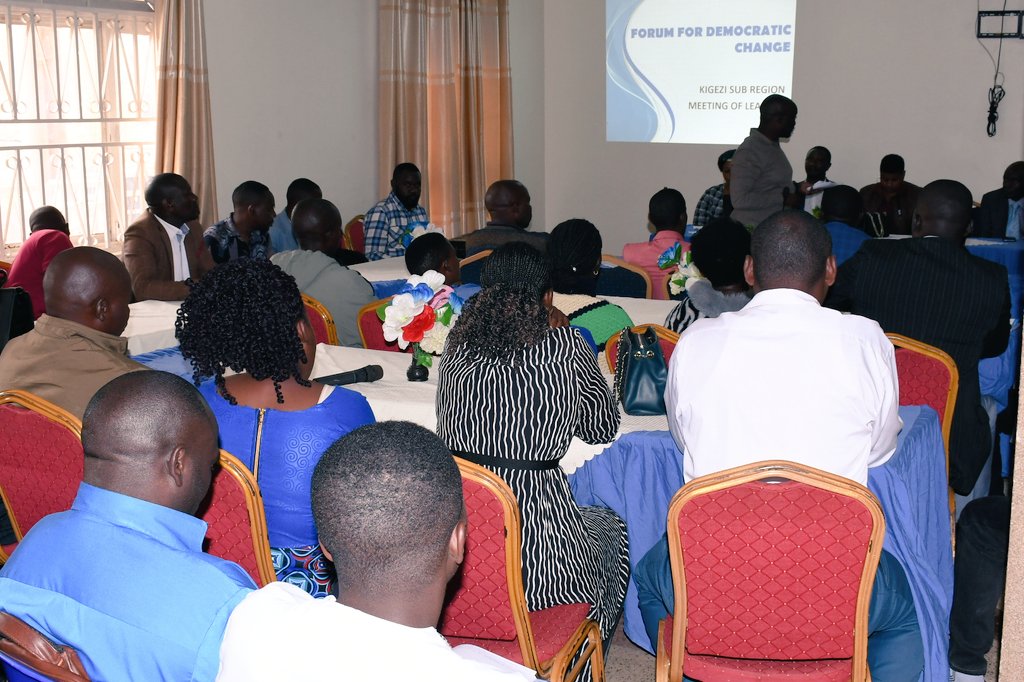Recent developments in Uganda’s fight against terrorism have showcased a significant breakthrough with the arrest of a suspected member of the Allied Democratic Forces (ADF). This detailed article provides an in-depth analysis of the apprehension of Abdurazak Bahati, shedding light on the meticulous operations conducted by law enforcement to bolster national security amidst persistent threats.
The Capture of Abdurazak Bahati: Ugandan law enforcement agencies have confirmed the successful capture of Abdurazak Bahati, a fugitive believed to have affiliations with the ADF, a group notorious for its extremist activities. Bahati, aged 28, was apprehended last week in the Rwenzori East and Mpondwe areas of Kasese District, following an intensive operation spearheaded by the Uganda Police Force.
Background and Alleged Involvement: Originating from the conflict-ridden eastern region of the Democratic Republic of Congo (DRC), Bahati’s path to extremism is believed to have been influenced by the volatile environment in which he grew up. Suspected of association with the ADF, Bahati crossed into Uganda, posing a potential security threat. His arrest serves as a significant milestone in efforts to dismantle the ADF network and thwart future terrorist activities.
Strategic Operation and Tactical Execution: Bahati’s apprehension underscores the effectiveness of strategic planning and intelligence-driven operations employed by Uganda’s security apparatus. With a focus on the volatile border regions, particularly the Rwenzori area, law enforcement meticulously tracked Bahati’s movements before successfully intercepting him. The seamless operation demonstrates Uganda’s unwavering commitment to combatting terrorism and ensuring the safety of its citizens.
Implications for National Security: The arrest of Bahati holds profound implications for Uganda’s national security landscape, representing a significant blow to terrorist elements operating within its borders. By disrupting the activities of the ADF and apprehending one of its key members, authorities have sent a clear message of deterrence to other extremist groups. The operation also underscores the importance of international cooperation and information-sharing in addressing transnational security threats.
Continued Vigilance and Future Endeavors: While Bahati’s capture marks a notable victory in the fight against terrorism, security officials remain vigilant in their efforts to combat extremism and safeguard public safety. Ongoing operations in the Rwenzori region, coupled with enhanced intelligence gathering and community engagement initiatives, will be pivotal in preventing future security breaches. As Uganda navigates through evolving security challenges, a proactive and multi-faceted approach will be imperative in maintaining peace and stability.
Conclusion: The apprehension of Abdurazak Bahati represents a significant milestone in Uganda’s relentless pursuit of combating terrorism and upholding national security. Through meticulous planning, coordination, and resolute action, law enforcement agencies have showcased their capability to confront extremist threats head-on. Looking ahead, sustained cooperation, proactive measures, and community involvement will be instrumental in addressing the underlying causes of terrorism and fostering a safer and more secure future for Uganda and its citizens.






